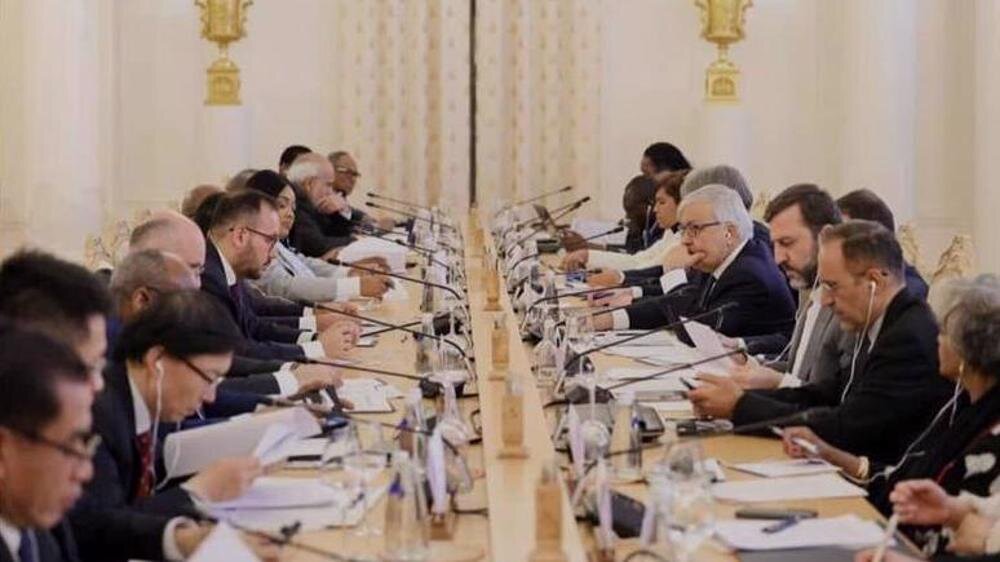Tehran – Iran’s senior diplomat, Qasem Galibabadi, has urged the revitalization of multilateralism and support for the principles enshrined in the UN Charter, claiming that the rise of unilateral actions by certain powerful states has led to the dangerous erosion of international norms.
Galibabadi, Minister of Foreign Affairs of the Deputy Bureau of Law and International, made these remarks at the third meeting of the National Coordinators of the Group of Friends in the Defense of the United Nations Charter in Moscow. The rally focused on bringing together senior officials and vice ministers from 20 countries to address growing challenges to the UN system and exploring ways to strengthen collective action in the face of unilateral challenges.
Working on a high-level session, Gallibabadi warned that the “overly unilateralism” presented by some international actors had seriously undermined the very foundations of the UN Charter, pushing multilateral diplomacy into what he described as “the most vulnerable nation since World War II.” He lamented that nearly 80 years after the UN was founded with a core mission to protect future generations from the tragedy of war and to support international peace and security, its mission was compromised by the selective actions of several powerful nations.
Gallibabadi argued that “the UN and its institutions that were supposed to serve international peace and security have been transformed into tools of pressure in the hands of a few countries in order to impose political will on others.” He pointed to the ongoing US-backed Israeli war in the Gaza Strip as a particularly obvious example of the UN Security Council’s failure to act, highlighting the devastating consequences of this inaction against civilians. He said collective punishment for Gaza civilians, including the intentional targeting of critical infrastructure, constitutes a serious violation of international humanitarian law. “As we witness in the genocide committed by the Zionist regime and Gaza allies, the Security Council has effectively been prevented from fulfilling its inherent responsibility.”
Iranian diplomats argued that the omission was a direct result of intentional obstruction by states acting against international law and the UN Charter, thereby significantly undermining the reliability and validity of the global governance structure. He not only specifically mentioned Israel’s repeated refusal to comply with UN resolutions prohibiting occupation of Palestinian territory and invasion of Palestinians, but also frequently used the US veto power to block the passage of anti-Israel measures in the Security Council.
Repeating Iran’s long-standing commitment to multilateral approaches, Galibabadi said the Islamic Republic continues to view multilateralism as the most viable path to solving international issues and ensuring a more just and equitable world order. He proposed a set of strategic priorities for the adoption of a group of friends, including promoting authentic multilateralism while rejecting all forms of unilateral form, leading unilateral and principled opposition to unilateral coercion, defending national sovereignty, defending international state non-interference principles, and supporting international international solutions to support global conflicts to support unified unity. Opposes the politicization of law, justice, and legal mechanisms.

